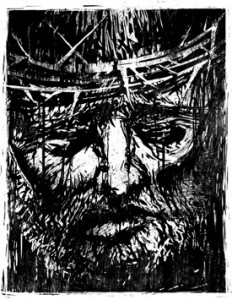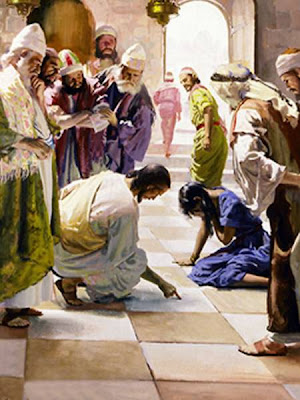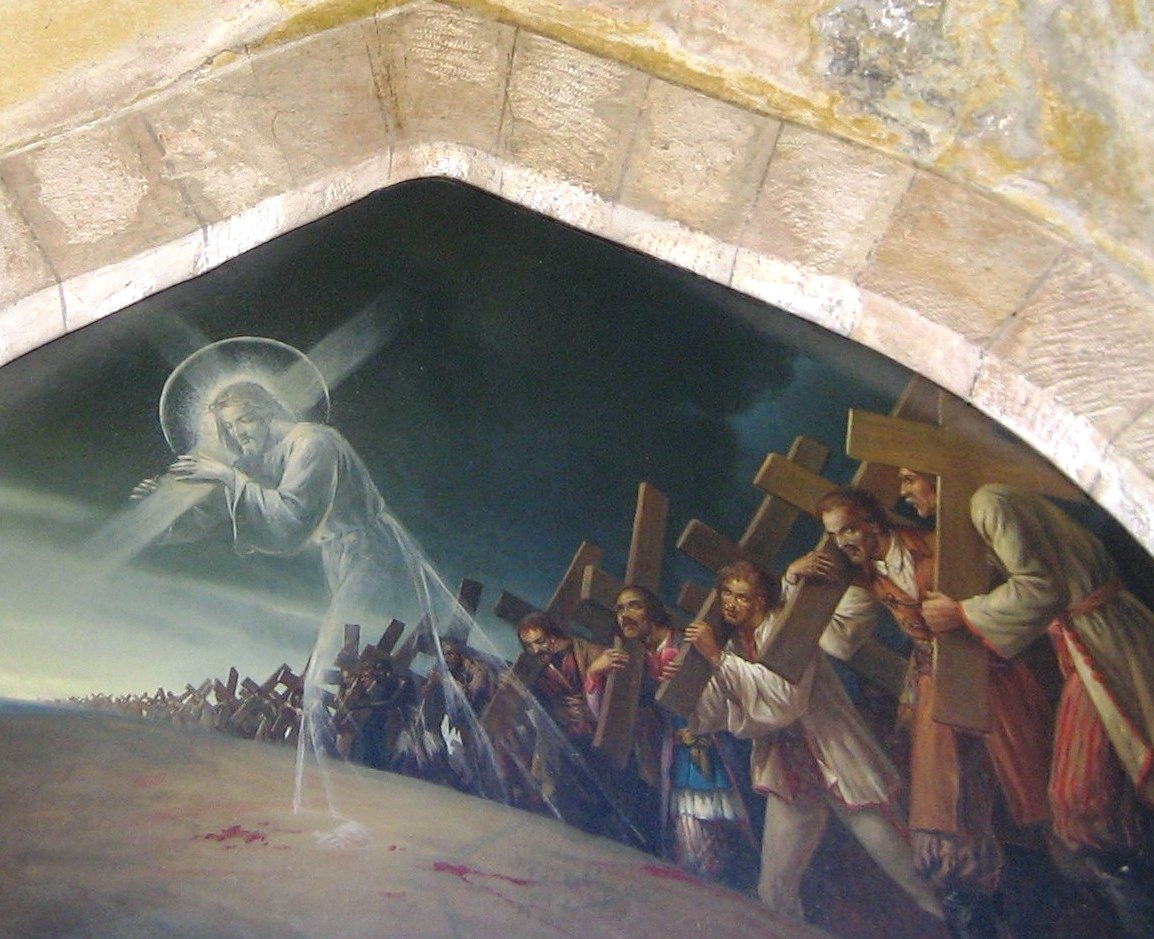
The Appearance
For the grace of God [i.e., Jesus] has appeared [Greek: epiphany], bringing salvation for all people.
Titus 2:11
The feast of Epiphany celebrates the appearing or manifestation of God in Christ as Savior to the world. Epiphany is the oldest feast in the church calendar connected with the historical coming of Jesus. Three events in the life of Christ are commemorated: arrival of the Magi, baptism of our Lord Jesus Christ, and the Jesus’ first miracle at the wedding at Cana. Appropriately, these three stories, all miraculous events, are found at the beginning of the gospels of Matthew, Mark, and John, respectively. The Apostle John tells us, “The true light, which enlightens everyone, was coming into the world” (John 1:9). God incarnate in human flesh made himself known to the Gentile wise men, revealed as the Lamb of God who takes away the sins of the world, and his first miracle attested to Jesus as the long-awaited Messiah.
The conduct of the wise men is a striking example of faith (Matt. 2:1-12). They believed in Christ when they had never seen Him – but that was not all. They believed in Him when the Scribes and Pharisees were unbelieving – but that again was not all. They believed in Him when they saw Him a little infant on Mary’s knee, and worshiped Him as a king. This was the crowning point of their faith.
They saw no miracles to convince them. They heard no teaching to persuade them. They beheld no signs of divinity and greatness to overawe them. They saw nothing but a new-born infant, helpless and weak, and needing a mother’s care like any one of ourselves. And yet when they saw that infant, they believed that they saw the divine Savior of the world. ‘They fell down and worshiped Him.’
We read of no greater faith than this in the whole volume of the Bible. It is a faith that deserves to be placed side by side with that of the penitent thief. The thief saw one dying the death of a criminal, and yet prayed to Him and ‘called Him Lord.’ The wise men saw a new-born babe on the lap of a poor woman, and yet worshiped Him and confessed that He was Christ. Blessed indeed are those that can believe in this fashion!â€
J.C. Ryle, Expository Thoughts on the Gospels: Matthew, 12-13.
HT: J.C. Ryle Quotes







